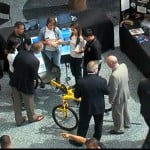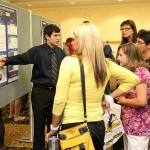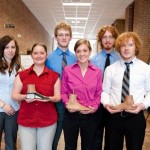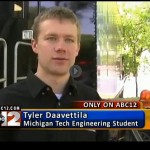
Michigan Technological University has a new dean of engineering. William M. Worek, professor and former head of the Department of Mechanical and Industrial Engineering at the University of Illinois at Chicago (UIC), has accepted the post effective July 1. In addition, Worek will serve as the Dave House Professor.




